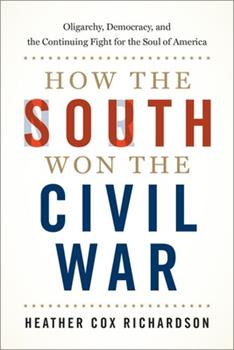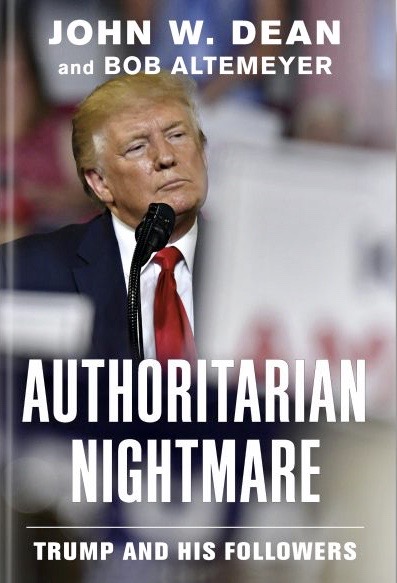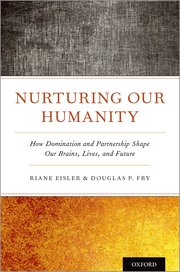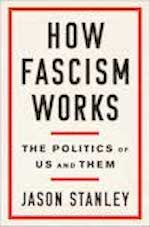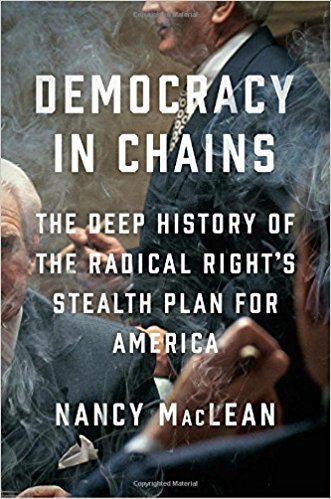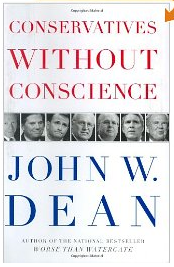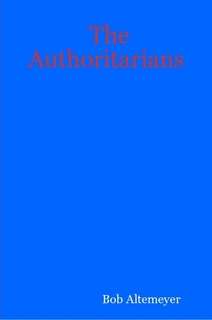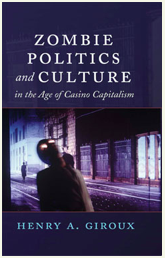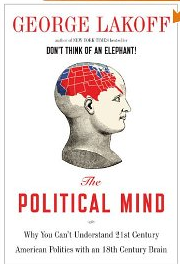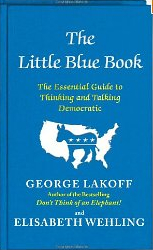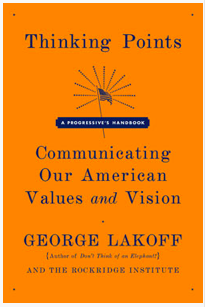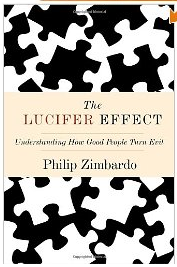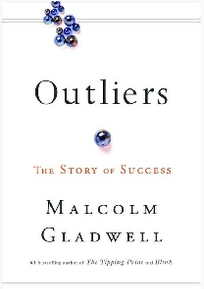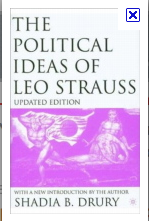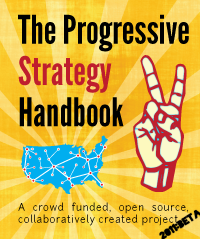Charlie Savage states in Cheney has storied history:
A close look at key moments in Cheney’s career — from his political apprenticeship in the Nixon and Ford administrations to his decade in Congress and his tenure as Secretary of Defense under the first President Bush — suggests that the newly empowered Democrats in Congress should not expect the White House to cooperate when they demand classified information or attempt to exert oversight in areas such as domestic surveillance or the treatment of terrorism suspects.
Peter Shane, an Ohio State University law professor, predicted that Cheney’s long career of consistently pushing against restrictions on presidential power is likely to culminate in a series of uncompromising battles with Congress.
“Cheney has made this a matter of principle,” Shane said. “For that reason, you are likely to hear the words ‘executive privilege’ over and over again during the next two years.”
Cheney’s ideal of presidential power is the level of power the office briefly achieved in the late 1960s, the era of what historian Arthur Schlesinger, Jr. called the “imperial presidency.”
Early in the Cold War, presidents began invoking national security to seize greater power from Congress. This concentration of authority peaked under President Richard Nixon, who famously asserted that “when the president does it, that means it’s not illegal.”
The following Dick Cheney quotes on reversing laws passed by Congress that reduce the power of the Executive are taken from the above Savage article. This article is very thorough in recounting Cheney’s efforts.
In December 1974, Cheney wanted a presidential commission established to try and discourage Congress from investigating the CIA, which works for the Executive, and wrote in a memo to President Ford. He said creating the commission was “… the best prospect for heading off congressional efforts to further encroach on the executive branch.”
In May 1975, another opportunity prompted Cheney to write that they could use the opportunity, “To point out the need for limits on the scope of the investigations.”
On the 1982 Boland Amendment: “I personally do not believe the Boland Amendment applied to the president, nor to his immediate staff”
In May 1988, after the Senate passed a bill forcing presidents to notify congress of all covert operations within 48 hours, Cheney wrote in the Wall Street Journal, “The 48-hour bill would ‘get back’ at President Reagan by tying the hands of all future presidents. That approach will achieve nothing useful.”
In 1996 during a PBS Frontline documentary, Cheney made the following statement relative to asking Congress to vote for the 1990 invasion of Iraq, “I was not enthusiastic about going to Congress for an additional grant of authority. I was concerned that they might well vote ‘no’ and that would make life more difficult for us. … From a constitutional standpoint, we had all the authority we needed. If we’d lost the vote in Congress, I would certainly have recommended to the president that we go forward anyway.”
In an interview on ABC in January 2002, “In 34 years, I have repeatedly seen an erosion of the powers and the ability of the president of the United States to do his job. I feel an obligation … to pass on our offices in better shape than we found them to our successors.”
In December 2005, after The New York Times exposed the warrantless wiretapping of American phone calls and emails, Cheney stated to a group of reporters that bypassing the 1978 warrant law was “consistent with the constitutional authority of the president.”
Later in that same interview, Cheney was asked if he felt they had pushed the back the encroachment of Congress on the Executive far enough yet. He replied, “I do think that to some extent now, we’ve been able to restore the legitimate authority of the presidency”
For more on the authoritarian aspects of Dick Cheney, click on the links below. You can also select the Bad Deeds subcategory and then do a Find for Cheney.




